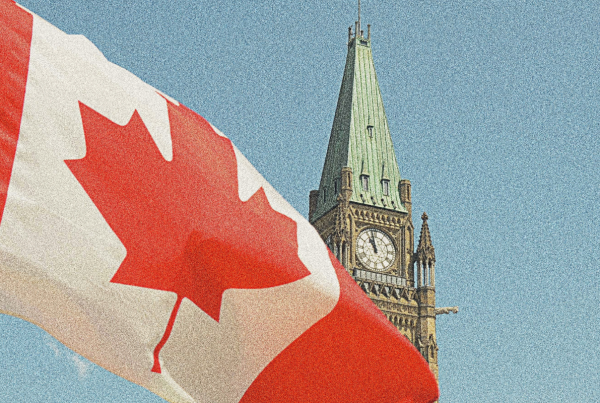By Thomas Hanson, CCLA-PBSC Rights Watch student
Just two months after declaring the mandatory minimum sentence for possession of child pornography unconstitutional in R. v. Swaby, the BC Court of Appeal released a decision striking down another mandatory minimum sentence, this time with respect to the sexual interference provision of the Criminal Code (s. 151).
In R. v. Scofield the accused had pled guilty to two counts of sexual interference and received a conditional sentence order (“CSO”) of six months. The trial judge held that s. 151(a) of the Criminal Code, which imposes a mandatory minimum punishment of imprisonment of one year for the offence, would constitute cruel and unusual punishment, and therefore would violate Mr. Scofield’s s. 12 Charter rights.
On appeal by the Crown, the BC Court of Appeal applied the analytical framework laid out by Justice Bennett in R. v. Swaby. In his reasons, Justice Harris wrote that, due to Mr. Scofield’s significant cognitive deficits, a one-year prison sentence “would outrage the standards of most informed Canadians.” Moreover, the mandatory minimum sentence failed the “reasonable hypothetical test”, because in reasonable hypothetical circumstances that would attract the application of s. 151, the imposition of the mandatory minimum sentence would be “grossly disproportionate, would shock the conscience of Canadians, and would be cruel and unusual punishment.” As a result, the court declared the mandatory minimum sentence imposed by s. 151(a) of the Criminal Code to be unconstitutional and of no force or effect.
This decision is just the latest in a growing series of decisions by courts across Canada striking down various mandatory minimum sentences from the Criminal Code on the basis of s. 12 of the Charter.
—
This blog post was written by a CCLA-PBSC RightsWatch student. Views expressed do not necessarily reflect the views of the CCLA or PBSC.
Originally posted January 22, 2019 on Rights Watch Blog | A joint project of CCLA and Pro Bono Students Canada
About the Canadian Civil Liberties Association
The CCLA is an independent, non-profit organization with supporters from across the country. Founded in 1964, the CCLA is a national human rights organization committed to defending the rights, dignity, safety, and freedoms of all people in Canada.
For the Media
For further comments, please contact us at media@ccla.org.





